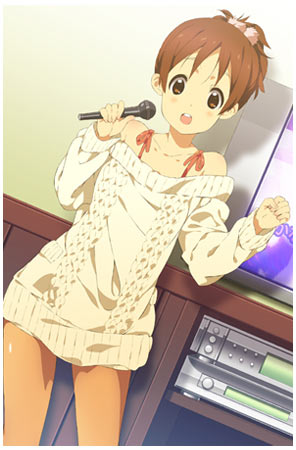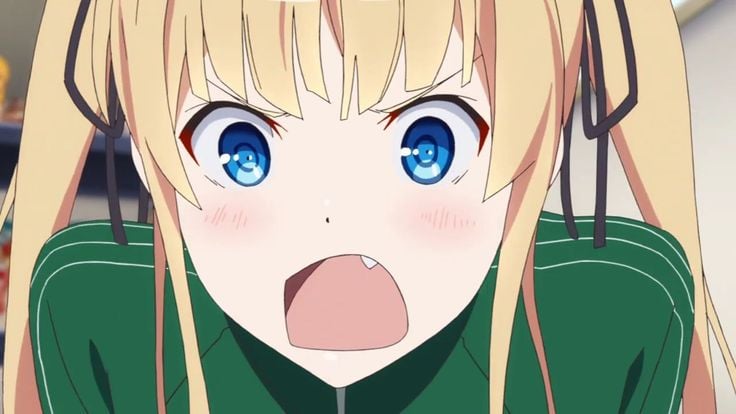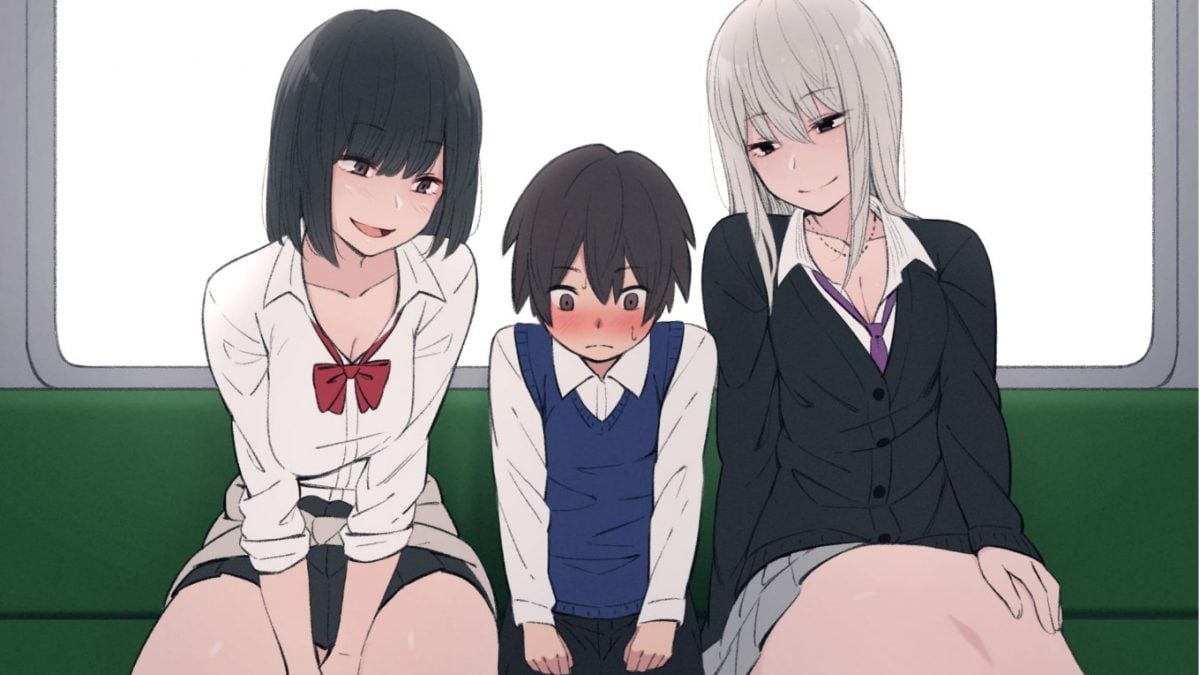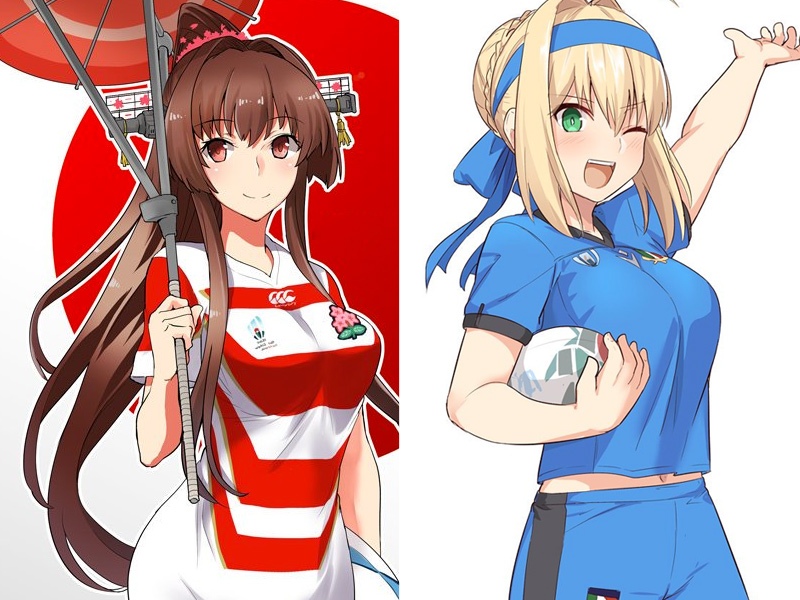Do you like karaoke? If so then we have good news: today has been designated as Karaoke Culture Day by the National Karaoke Industry Association of Japan. Karaoke (pronounced kah-rah-OH-kay) literally means “empty orchestra” (the kara is the same from karate, in case you were wondering), and it was invented in 1971 by Daisuke Inoue, a musician from Kobe who kept getting asked to make instrumental-only recordings of his music by fans, which gave him the idea of a “music box” that would pass a microphone signal through speakers. His idea led to a revolution in the way people enjoy each other’s company (or annoy each other, depending your feelings on karaoke) and sparked a multi-billion dollar global industry — though Mr. Inoue never saw any of that as it didn’t occur to him to patent his invention. I’m a big fan of karaoke, and found it a useful tool for learning Japanese, since memorizing the lyrics of Japanese songs I wanted to sing is a darned good way of internalizing vocabulary, plus I can sing the song to myself if I forget the word. Using karaoke as a Japanese study tool also deepened my relationship with Japan itself, since I wouldn’t have come to love the Tohoku region of the country if I hadn’t discovered the joy of singing enka, which no one expects foreigners to be able to sing.

Happy Karaoke Culture Day, everyone!














